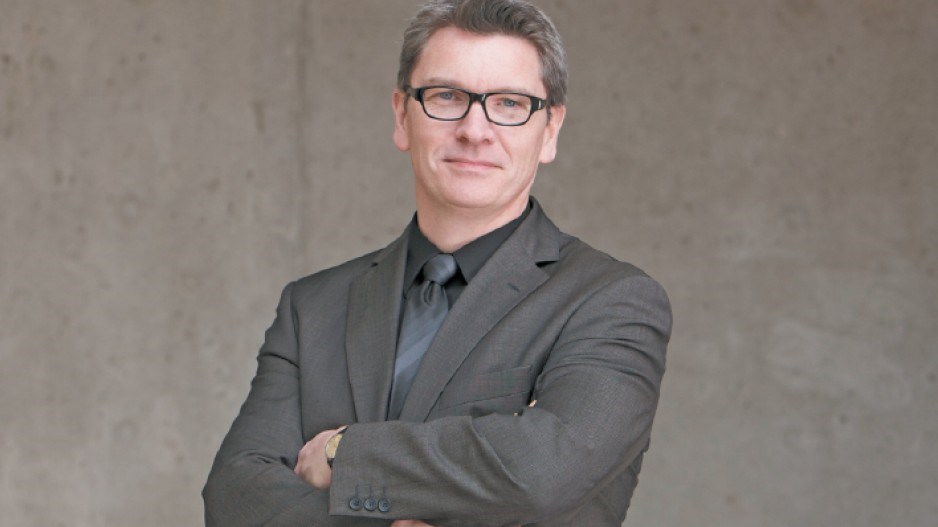The City of Vancouver plans to spend $1.2 billion in 2014 and raise property taxes by just under 2%, according to budget documents released November 27.
The proposed budget will come before council on December 10. But in advance of the vote, Vancouver’s two main municipal parties are squaring off over whether the increases are modest or outrageous.
Vision councillor Raymond Louie said the 1.9% property tax increase is tied to the rate of inflation and is lower than many other Metro Vancouver municipalities. The city’s proposed 2014 operating budget includes a 2.6% increase ($26 million) over 2013.
Louie called the property tax and operating budget increases modest and said they were possible in part because of the Vancouver core services review over the past five years.
But NPA councillor George Affleck said neither the national nor provincial rates of inflation have hit 2% this year. British Columbia’s inflation rate currently sits at negative 0.3%.
Affleck praised the city’s move toward a user-pay model for services like water and sewer, but said he expected to see more savings from the scheme.
“Over the last five years, it’s over $300 million in extra revenue that the city is receiving,” Affleck said. “Where is that money going?”
Business groups have been concerned about what they say is an imbalance in property tax ratios in B.C. municipalities. In Vancouver, businesses currently pay four times the residential property tax rate.
“When I see all the empty shops along Robson and Fourth, and there’s empty offices all over the city … at the end of the day, a big chunk of our city is small businesses, and we’re not supporting them through our taxes, that’s for sure,” said Affleck.
The city has re-formed an independent commission to look at the property tax issue.
“There’s a lot more to be done, and that’s why we agreed to revisit the issue of tax fairness,” said Louie.
“We do like to have those mom-and-pops in our city and making sure that we provide them with a competitive environment so they can thrive, but at the same time we didn’t want to have the multinational companies in our cities get a tax subsidy.”
He said the property tax commission will report back to council in December.
Last November, Affleck said the city’s budget did not include enough detail, especially on how each department will spend its budget.
He said that complaint still stands.
“They’re not digging down in a way that I think is appropriate for making decisions on a $1.2 billion budget.”
Bring back business vote
The BC Chamber of Commerce can think of a way to address the fact that businesses pay a higher property tax rate than residents: bring back British Columbia’s business vote.
The vote, which allowed businesses to vote in municipal elections, was in place from the 1970s to 1993. It was rescinded by Mike Harcourt’s NDP government, which cited concerns about low voter turnout and fears that the vote was being abused.
Jon Garson, a policy analyst with the advocacy organization, believes restoring the vote is important because business owners feel that progress on the property tax issue has stalled.
“The BC Chamber has taken the view that this is taxation without representation,” Garson said.
But NDP MLA Selena Robinson said it would undermine the democratic principle of one person, one vote. She agreed that businesses have been more heavily taxed than residents, but said that many municipalities are now gradually shifting the tax rate to achieve a more balanced ratio.
“We’re managing historical practices and we’re trying to do it in a way that’s respectful to all taxpayers, and it’s slow and it’s hard,” Robinson said.
The City of London, England, is currently the only jurisdiction in the world that allows businesses to vote in municipal elections.




